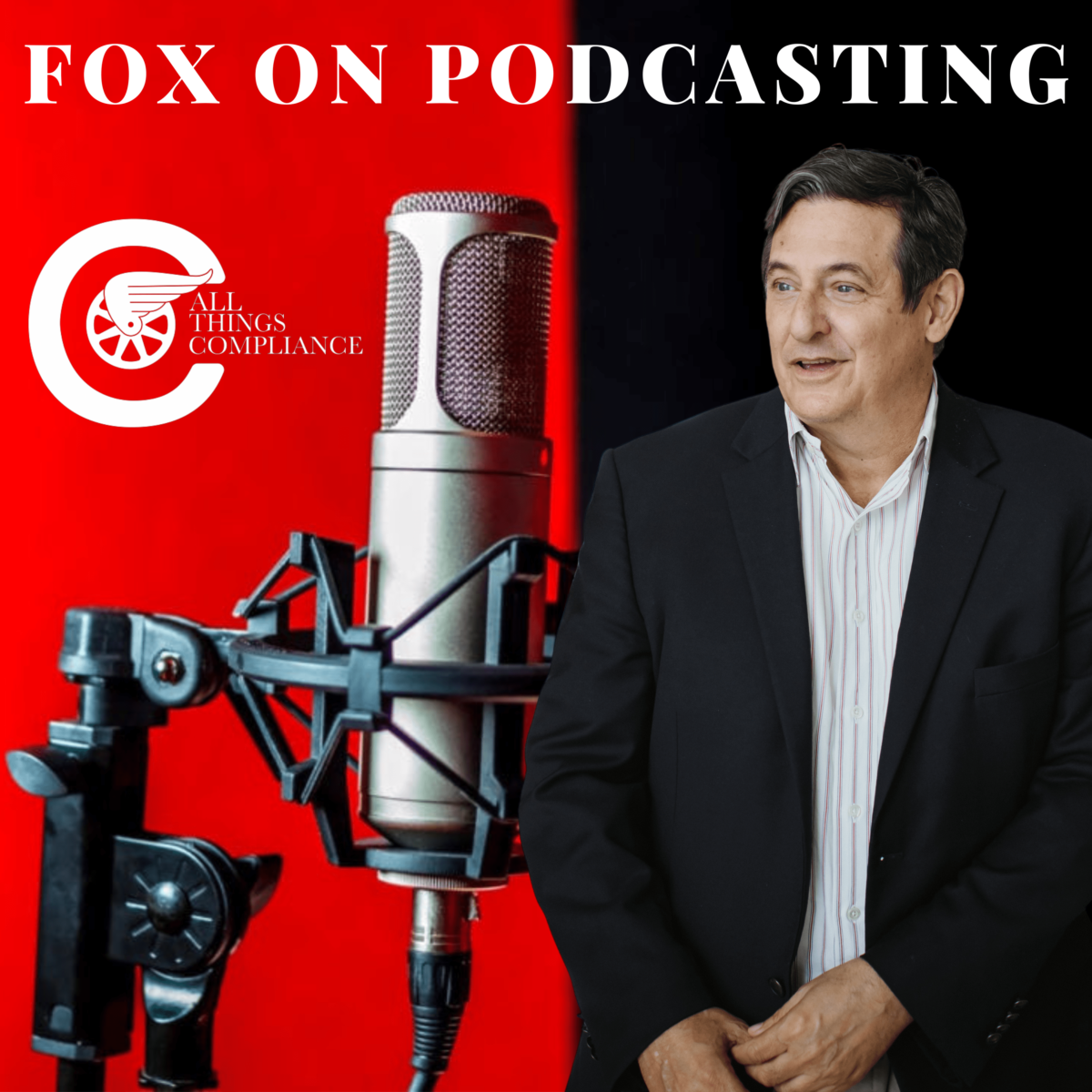The role of the CCO has steadily grown in stature and prestige over the years. In the 2020 FCPA Resource Guide, 2nd edition, under the Hallmarks of an Effective Compliance Program, it focused on whether the CCO held senior management status and had a direct reporting line to the Board.
In the 2023 Update to the FCPA Corporate Enforcement Policy, the DOJ lists these factors as follows:
1) The quality and experience of the CCO, such that they can understand and identify the transactions and activities that pose a potential risk; 2) The authority and independence of the CCO; 3) The compensation and promotion of the CCO, in view of their role, responsibilities, performance, and other appropriate factors; and 4) The reporting structure of any CCO employed or contracted by the company.
All of these factors are enhanced by the CCO Certification requirement, as announced by Kenneth Polite back in 2022. A CCO must certify the effectiveness of a compliance program after a DPA or NPA has been concluded. This requirement will only become more important moving into 2023 and beyond. In addition to CCO Certification, the Delaware Court of Chancery’s decision in the case of McDonald’s Corporation and its former Executive Vice President and Global Chief People Officer of McDonald’s Corporation, David Fairhurst, formally recognized the oversight duties of officers of Delaware corporations for the first time.
Three key takeaways:
1. How can you show the CCO really has a seat at the senior executive table?
2. What are the professional qualifications of your CCO?
3. Delaware says the CCO is Number 2 in an organization, behind the CEO.
For more information on Ethico and a free White Paper on top compliance issues in 2024, click here.








